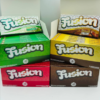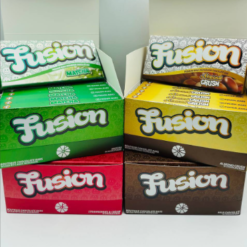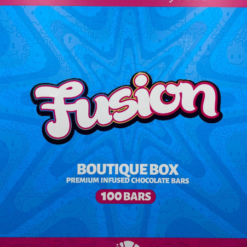Wholesale Deals on Fusion 100 Bars Box of 10 Flavors
$1,500.00 Original price was: $1,500.00.$1,350.00Current price is: $1,350.00.
while the journey toward commercializing fusion energy faces numerous hurdles—including technological challenges and financial constraints—there is a clear path forward through strategic targeting of niche markets that require reliable power solutions. By leveraging its unique benefits and aligning with industries poised for growth, fusion has the potential not only to enter but also thrive within the wholesale electricity market
Wholesale Deals on Fusion 100 Bars Box of 10 Flavors
Introduction to Fusion Energy
Fusion energy, the process that powers the sun, involves combining light atomic nuclei to form heavier nuclei, releasing vast amounts of energy in the process. This method of energy production has long been considered a potential solution to the world’s energy needs due to its promise of abundant fuel supply, minimal environmental impact, and safety compared to traditional nuclear fission. However, despite significant advancements in technology and increased investment in fusion startups, commercial viability remains a challenge.
The Current Landscape of Fusion Energy
Recent developments in fusion technology have reignited interest and optimism about its potential. Startups have secured billions in funding, and breakthroughs in plasma heating and confinement are paving the way for practical applications. The most common approach to fusion energy utilizes a deuterium-tritium fuel cycle; however, challenges such as tritium scarcity and material durability under extreme reactor conditions persist.
Wholesale Market Dynamics
The wholesale electricity market is characterized by fierce competition with fluctuating prices across different regions. For fusion energy to be competitive within this landscape, it must achieve a cost structure that can rival other low-carbon sources like renewables and advanced nuclear reactors. The current focus for many fusion companies is on entering this wholesale market directly; however, this strategy may not be the most effective path forward.
Targeting Niche Markets
Instead of competing head-on with established energy sources in the wholesale market, fusion companies could benefit from targeting niche markets that require high-energy demands and value reliability. Sectors such as data centers and advanced manufacturing facilities present promising opportunities:
- Data Centers: These facilities operate continuously and require substantial amounts of uninterrupted power. As demand for data processing grows—driven by trends like artificial intelligence (AI) and cloud computing—the need for reliable power sources becomes critical. Fusion’s ability to provide firm power can help mitigate risks associated with outages or intermittent supply.
- Advanced Manufacturing: Industries such as semiconductor fabrication and battery production also have high energy requirements. As these sectors expand due to technological advancements (e.g., electric vehicles), they will increasingly seek out sustainable energy solutions that can meet their operational needs without compromising on reliability or carbon emissions.
Advantages of Fusion Energy for Wholesale Deals
Fusion offers several unique advantages that make it an attractive option for these niche markets:
- High Power Density: Fusion reactions produce significantly more energy per unit mass than chemical reactions or even fission.
- Siting Flexibility: Fusion plants can be located closer to demand centers compared to traditional large-scale power plants.
- Low Carbon Footprint: With no greenhouse gas emissions during operation, fusion aligns well with global sustainability goals.
- Safety: Unlike fission reactors, fusion does not carry risks of meltdown or runaway reactions.
By focusing on these advantages when negotiating wholesale deals with potential customers in targeted industries, fusion companies can establish themselves as viable players in the energy market.
.
Be the first to review “Wholesale Deals on Fusion 100 Bars Box of 10 Flavors” Cancel reply
Related products
Fusion Bars Bulk Order
Fusion Bars Bulk Order
Fusion Bars Bulk Order
Fusion Bars Bulk Order
Fusion Bars Bulk Order










Reviews
There are no reviews yet.